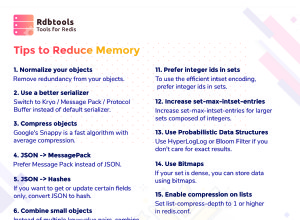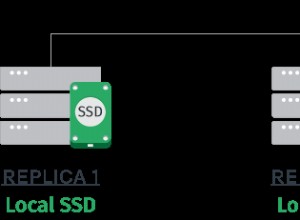Korzystanie z operatora pozycyjnego
db.test.find(
{ "array.value": "value2" },
{ "array.$": 1, _id : 0 }
)
Wyjście
{ "array" : [ { "name" : "test2", "value" : "value2" } ] }
Korzystanie z agregacji
db.test.aggregate([
{ $unwind : "$array"},
{ $match : {"array.value" : "value2"}},
{ $project : { _id : 0, array : 1}}
])
wyjście
{ "array" : { "name" : "test2", "value" : "value2" } }
Korzystanie ze sterownika Java
MongoClient mongoClient = new MongoClient(new ServerAddress("localhost", 27017));
DB db = mongoClient.getDB("mydb");
DBCollection collection = db.getCollection("test");
DBObject unwind = new BasicDBObject("$unwind", "$array");
DBObject match = new BasicDBObject("$match", new BasicDBObject(
"array.value", "value2"));
DBObject project = new BasicDBObject("$project", new BasicDBObject(
"_id", 0).append("array", 1));
List<DBObject> pipeline = Arrays.asList(unwind, match, project);
AggregationOutput output = collection.aggregate(pipeline);
Iterable<DBObject> results = output.results();
for (DBObject result : results) {
System.out.println(result.get("array"));
}
wyjście
{ "name" : "test2" , "value" : "value2"}




